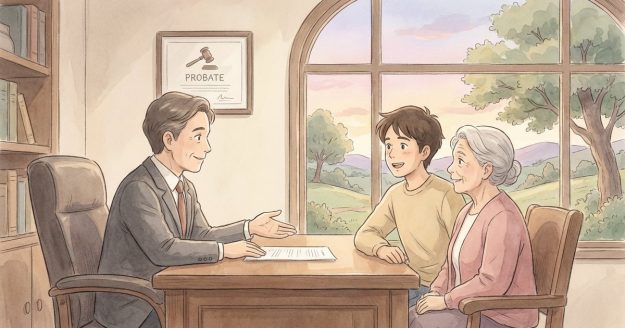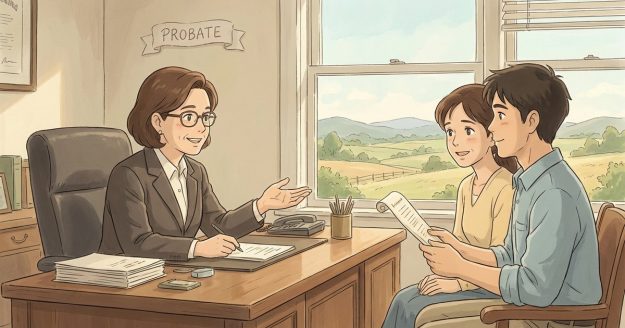How do I transfer a minor beneficiary’s inheritance into a custodial account during probate? nc
How do I transfer a minor beneficiary’s inheritance into a custodial account during probate? – North Carolina Short Answer In North Carolina, a personal representative can usually transfer a minor beneficiary’s inheritance into a custodial account under the North Carolina Uniform Transfers to Minors Act (UTMA) by titling the account and transfer documents in the…











